The participation of international experts has led to violations of citizens' rights to protection
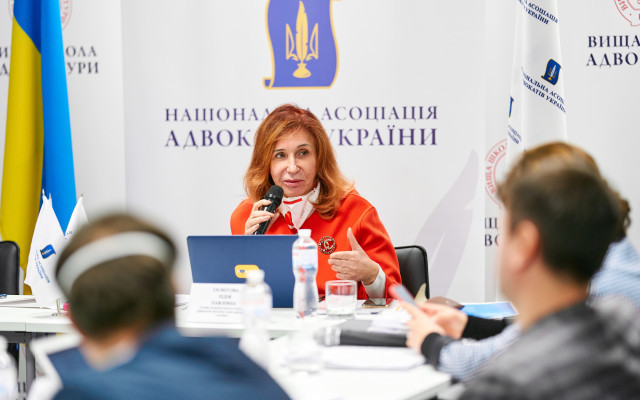
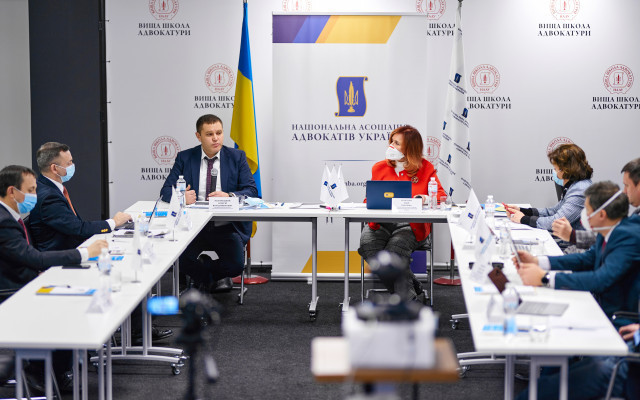
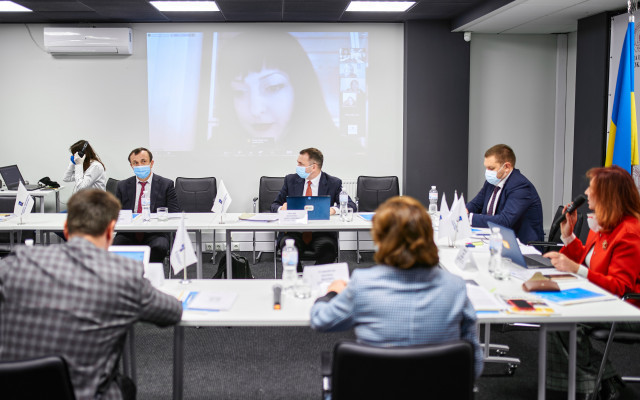
The participation of international experts in the formation of the Supreme Anti-Corruption Court has led to a violation of citizens' rights to protection.
This was stated by participants in the second national discussion "Access to Justice: Realities and Prospects".
Thus, a member of the Bar Council of Ukraine from the Khmelnytsky region Oksana Kadenko said that competitions with international participation led to the subjective selection of candidates and are influenced by information campaigns. In the future, according to her forecast, professional candidates will not participate in such competitions due to the bias of assessments.
According to her, international experts do not have sufficient awareness of legal and social realities and give erroneous conclusions about the contestants. "The admission of international experts enshrines in the law a legitimate system of subjective errors of persons who directly affect the justice system through the High Qualification Commission of Judges of Ukraine," - said a member of the Bar Council of Ukraine. She stressed that according to the bill №3711 the international experts will have a decisive influence both in the formation of the High Anti-Corruption Court of Ukraine and in the formation of the High Qualification Commission of Judges of Ukraine.
“As for High Anti-Corruption Court of Ukraine, international experts had absolute power, namely, removing candidates from the distance; and in the model of the bill №3711, they directly influence the selection of the High Qualification Commission of Judges of Ukraine members,” Oksana Kadenko emphasized.
She suggested replacing international experts with national ones. At the same time, foreign specialists can be involved in the selection of national experts as a compromise solution.
"If we keep the model of the bill №3711, then part 3 of Article 95-1 can be worded as follows: "The composition of the competition commission includes: three persons selected among judges or retired judges; three persons selected among the national experts appointed by the High Council of Justice on the basis of proposals of international experts, the range of which is also determined by law; three persons selected among lawyers, prosecutors and representatives of higher legal educational institutions ", - suggested a member of the Bar Council of Ukraine. Regardless of the model used, the Supreme Council of Justice should have the right to reject, re-evaluate, verify, etc., the proposals of the tender commission for candidates for members of the High Qualification Commission of Judges of Ukraine.
According to the member of the Bar Council of Ukraine, in bill №3711 the competition to the High Qualification Commission of Judges of Ukraine does not contain a mechanism of checks and balances, as well as correction of mistakes if they are made by the competition commission. Such mechanisms must be implemented through the powers of the High Council of Justice. At the same time, the High Council of Justice should have its safeguard against abuse. She also suggested providing for the legal protection of candidates selected by international experts from information discrediting campaigns, during which personal data are disseminated and which have a targeted impact on the future results of the competition.
The Head of UNBA and the Head of the Bar Council of Ukraine Lydia Izovitova expressed a warning that no model of competition for the High Anti-Corruption Court of Ukraine with an international component should contradict the Constitution.
"It is better to keep Article 5 of the Constitution of Ukraine on democracy than to keep the model of Bill 3711 regarding the participation of international experts. Because, even if national experts are represented instead of international ones, but they are proposed by international institutions, whose impact will it be? Let us stand on the platform of the current Constitution of Ukraine, and discuss the issue from this position, "- the Head of UNBA, Bar Council of Ukraine Lydia Izovitova called during the discussion.
The Head of the Kyiv Region Bar Council, Petro Boyko, stressed that the High Anti-Corruption Court of Ukraine is working with an accusatory bias. Therefore, this court cannot be considered an example of the successful involvement of international experts in judicial reform.
"As for the participation of international experts, we see that these courts are suitable as political instruments, but not as a body of justice. Any doubts must be interpreted in favor of the accused. But here any doubts are interpreted in favor of the accused. Anyone who has crossed the High Anti-Corruption Court of Ukraine threshold already has a guaranteed place in prison. We are deprived of competition. This is a court of the crowd, "said Petro Boyko, Head of the Kyiv Region Bar Council. According to him, international experts lead to a different result, first, to a violation of Article 6 of the Convention, which guarantees everyone the right to a fair trial. "It is impossible to exercise this right in this court," said the head of the Kyiv Region Bar Council.
It will be recalled that during the first national discussion on November 23, 2020, the experience of forming the High Anti-Corruption Court of Ukraine with the participation of international experts was also discussed. The Head of UNBA, Bar Council of Ukraine Lydia Izovitova pointed out that promoting the idea of involving international experts in the formation of constitutional and state bodies could further have a devastating effect not only on the independence of the judiciary. A similar requirement may eventually apply to the formation of the legislature and other elections when candidates will be filtered by international commissions.
Popular news
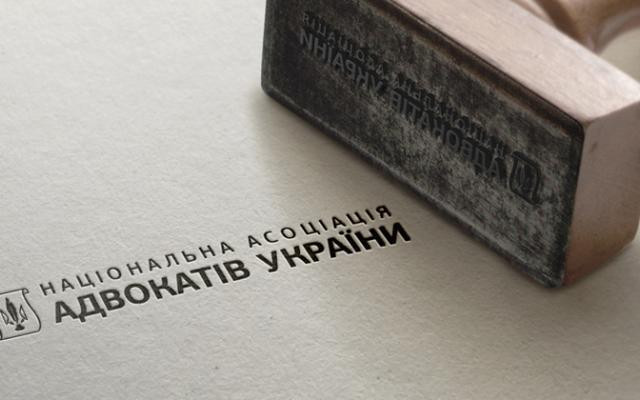
Self-government
The BCU demands a review of the composition of the government working group on reforming the advocacy profession
The President of the UNBA, BCU Lidiya Izovitova, appealed to the Cabinet of Ministers of Ukraine to review the composition of the working group on improving legislation in the field of advocacy and legal practice.

Discussion
Why lowering the age of marriage lacks legal logic
Although until 2012 there was a provision in family law that allowed children to marry from the age of 14 under certain circumstances, its return to Ukrainian law would contradict international obligations and the logic of criminal law.
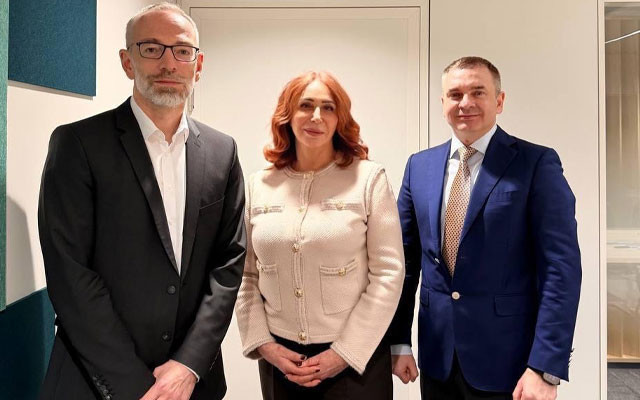
European integration
Open dialogue between the UNBA and the European Commission on the path to EU
The Ukrainian National Bar Association held a working meeting in Brussels with Mr Wolfgang Nozar, Head of Unit for Governance, Rule of Law and Financial Assistance, Directorate-General for Enlargement and Eastern Neighbourhood (DG ENEST), European Commission.

Self-government
A report on Ukrainian advocacy was presented in the European Parliament
Can a shadow report on advocacy replace the political framework of the Roadmap on the rule of law with demands for the restructuring of self-government? Where is the line between accountability and the seizure of institutions? And how can we respond to narratives with data rather than impressions?
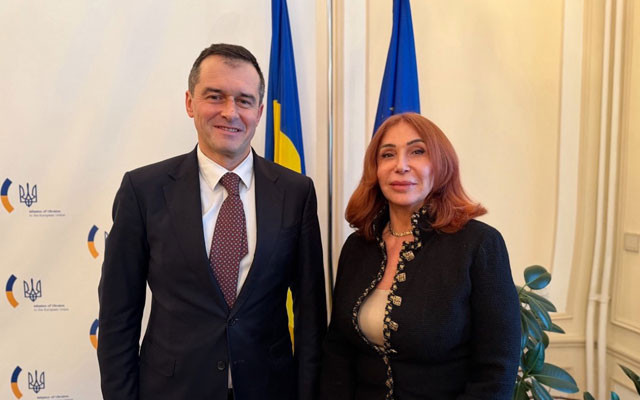
European integration
UNBA and Ukraine's representation to the EU have synchronized their priorities
On February 5, in Brussels, the President of the UNBA, BCU Lidiya Izovitova held a working meeting with the Ambassador Extraordinary and Plenipotentiary of Ukraine, Representative of Ukraine to the European Union Vsevolod Chentsov.
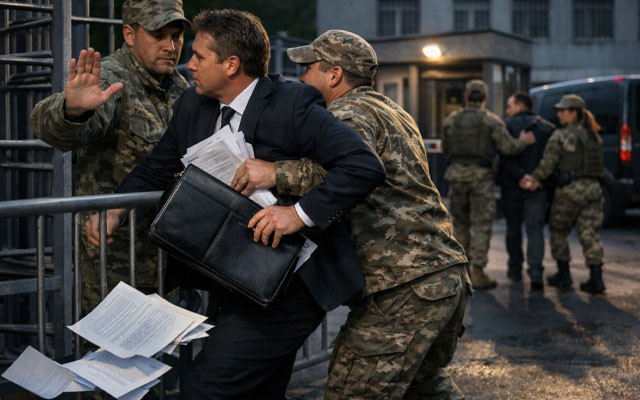
Guarantees of the practice of law
Proceedings opened following attack on advocate in Dnipro
The Committee for the protection of advocates' rights and guarantees of legal practice of the UNBA appealed to law enforcement agencies in connection with an advocate's report of an attack while performing his professional duties. The information was entered into the Unified Register of Pre-trial Investigations and a pre-trial investigation was initiated.
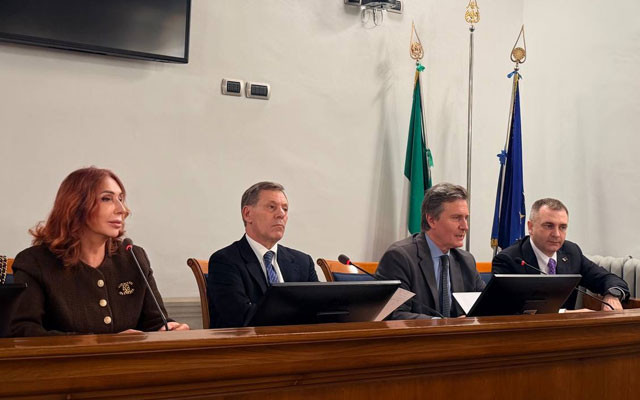
Interaction
«With us — to Europe»: Italian advocacy supports UNBA initiatives
On January 30, a meeting was held in Rome between a delegation from the Ukrainian National Bar Association and the National Bar Council of Italy (Consiglio Nazionale Forense, CNF) on the standards and practices of the legal profession and their significance for Ukraine's European integration process.
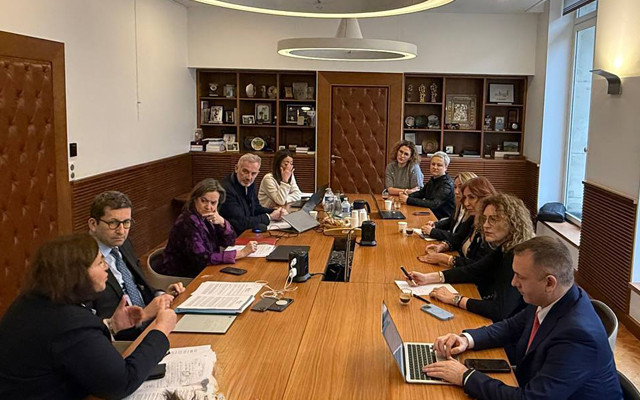
Interaction
France confirms cooperation with UNBA on reforms in the field of the rule of law
On January 29, a working meeting between representatives of the Ukrainian National Bar Association and the French National Bar Council (Conseil National des Barreaux, CNB) took place in Paris.
Publications

Volodymyr Matsko Extradition as a systemic form of rights violations

Victoria Yakusha, Law and Business The anti-corruption vertical cannot «take care» of the Bar as an institution, - acting head of the HQDCB

Censor.net Protecting advocates – protecting justice: addressing concerns about the new law

Ihor Kolesnykov A BRIEF SUMMARY REGARDING THE APPLICATION OF THE ORDER ON EXTENDED CONFISCATION IN LATVIA REGARDING FINANCIAL ASSETS OF…

Valentyn Gvozdiy WORKING IN A WAR ZONE

Lydia Izovitova Formula of perfection

Sergiy Vylkov Our judicial system is so built that courts do not trust advocates

Iryna Vasylyk Advocacy in the proclamation of Independence of Ukraine
